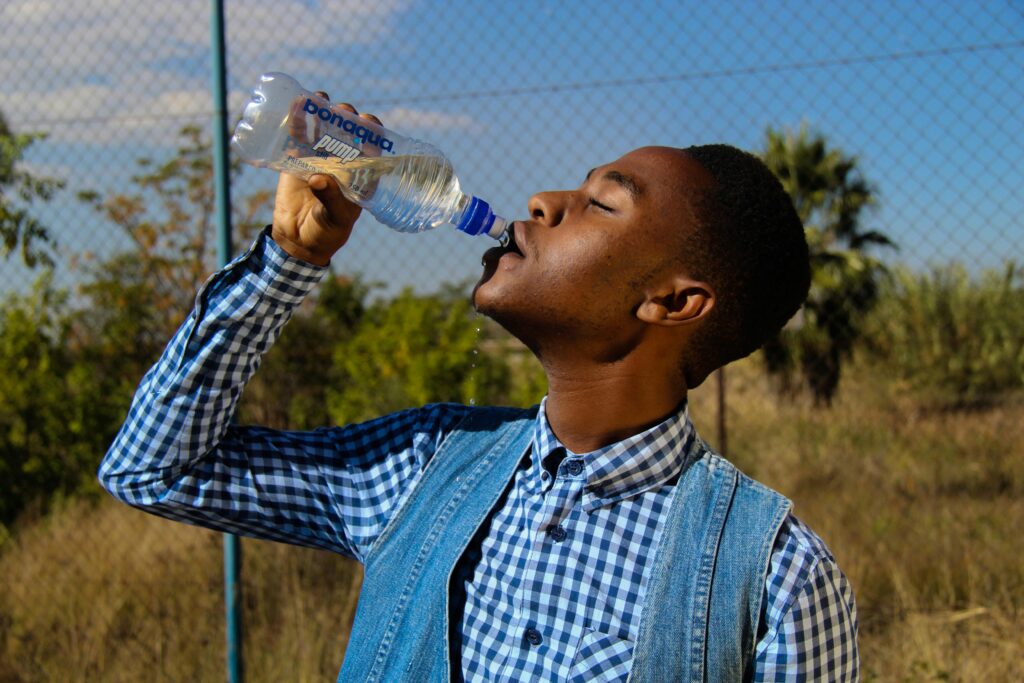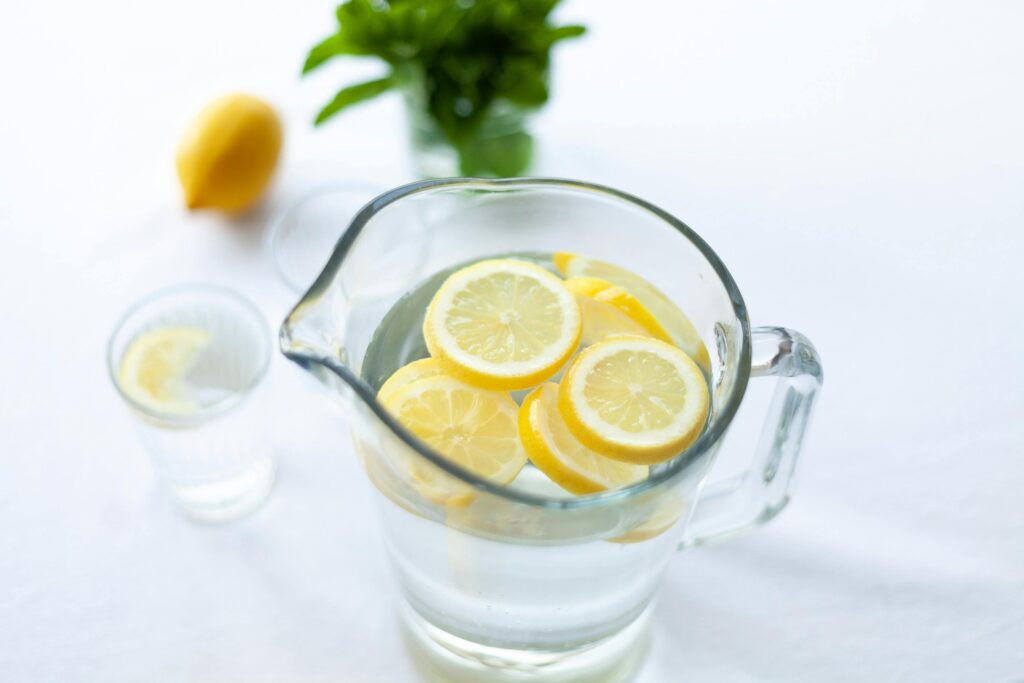When we talk about managing diabetes, most of us think of sugar, carbs, exercise, or medications. But there’s something so basic—so simple—that it often gets ignored: water.
Yes, plain water. No sugar, no calories, no additives. Just water.
If you’re someone who’s trying to keep your blood sugar under control, or if you’ve been recently diagnosed with prediabetes or Type 2 diabetes, drinking enough water every day can make a real difference. It might sound too good to be true, but the impact of staying hydrated is bigger than you might think.
Let’s look at why water matters, how it affects your blood sugar, and what you can do starting today.
1. Water Helps Flush Out Extra Sugar
When your blood sugar is high, your body wants to get rid of the excess glucose. One of the ways it does this is through urine. But for this to happen, your body needs enough water.
If you’re dehydrated, there’s not enough fluid to help flush the sugar out. Instead, sugar stays in your bloodstream, making things worse. By simply drinking water, you’re giving your body what it needs to balance things out.
Think of water as a natural blood sugar helper. No pills, no special ingredients—just clean, plain water.
2. Dehydration Can Raise Your Blood Sugar
Here’s something that surprises many people: being dehydrated can raise your blood sugar. When you don’t drink enough water, the volume of liquid in your bloodstream drops. That makes the glucose more concentrated, and boom—your sugar readings go up.
This is one reason why some people feel extra thirsty when their blood sugar is high. Your body is begging you for water so it can try to fix the problem.
So, if you notice you’re always thirsty or going to the bathroom often, it might be time to check your hydration.

3. Protects Your Kidneys
Your kidneys are like tiny filters. They work day and night to clean your blood and remove waste—including excess glucose.
But if you don’t drink enough water, those filters can get damaged over time. And for people with diabetes, kidney problems are a real risk. Chronic high blood sugar can wear them out.
Water helps keep your kidneys happy. It gives them the fluid they need to flush out sugar and toxins more effectively. Long term, this can help prevent kidney-related complications.
4. Helps With Digestion and Metabolism
Staying hydrated also keeps your digestion working properly. When you’re constipated or sluggish, your body can’t process nutrients efficiently. This can affect your insulin sensitivity and overall energy levels.
Water supports healthy bowel movements, better nutrient absorption, and helps regulate your metabolism, which is especially important if you’re trying to lose weight or stay active with diabetes.
5. Water Keeps You Full and May Reduce Cravings
Here’s a fun fact: your brain sometimes confuses thirst with hunger. That’s right. You might think you’re hungry when you’re just thirsty.
By drinking water regularly—especially before meals—you might notice you eat a little less. You may also avoid snacking unnecessarily. This small change can have a big impact on your weight and blood sugar over time.
6. Zero Sugar, Zero Guilt
Water doesn’t spike your blood sugar. It doesn’t have sneaky carbs. It doesn’t add extra calories to your day.
That makes it the perfect drink for anyone managing diabetes.
Compare that to soda, juice, or those fancy flavored coffees. Even “healthy-looking” drinks like fruit juices often have more sugar than a candy bar. With water, there’s no guessing game. It’s always the safe choice.
How Much Water Should You Drink?
The general rule is at least 2.5 to 3.5 liters a day—which is around 10 to 14 cups. But many health experts suggest drinking up to 5 liters a day if:
- You live in a hot climate
- You exercise regularly
- You have high blood sugar
- You sweat more than usual
- You’re recovering from an illness
It’s not about chugging all your water at once. The trick is to sip throughout the day. Keep your body steadily hydrated, and it’ll thank you.
Simple Ways to Stay Hydrated Without Even Thinking About It:
- Start your day with water. Before coffee, before breakfast.
- Keep a water bottle with you—at work, at home, in the car.
- Add natural flavors like lemon, mint, or cucumber if plain water feels boring.
- Set a reminder on your phone every 60–90 minutes to drink.
- Drink a glass of water before each meal.
- Use an app or a marked bottle to track your water intake.
It doesn’t have to be complicated. Little steps go a long way.
What to Avoid
Not all liquids are good for hydration when managing diabetes. Here are some to avoid or limit:
- Sugary sodas – These spike blood sugar fast.
- Fruit juices – Even natural ones are loaded with sugar.
- Energy drinks – Usually full of caffeine and sugar.
- Alcohol – Can cause dehydration and affect your blood sugar unpredictably.
Stick to water, herbal teas, and unsweetened drinks when possible.

Final Thoughts
Water is probably the most underrated tool in your diabetes management plan. It doesn’t cost much. It’s easy to access. And it can help with everything—from blood sugar control to kidney health, weight management, and energy levels.
So don’t wait until you’re thirsty. Make water a regular part of your day, just like brushing your teeth or checking your sugar levels.
One glass at a time, you’re helping your body do what it was built to do—stay balanced, strong, and in control.
Small habit. Big impact. Stay hydrated. Stay healthy.




